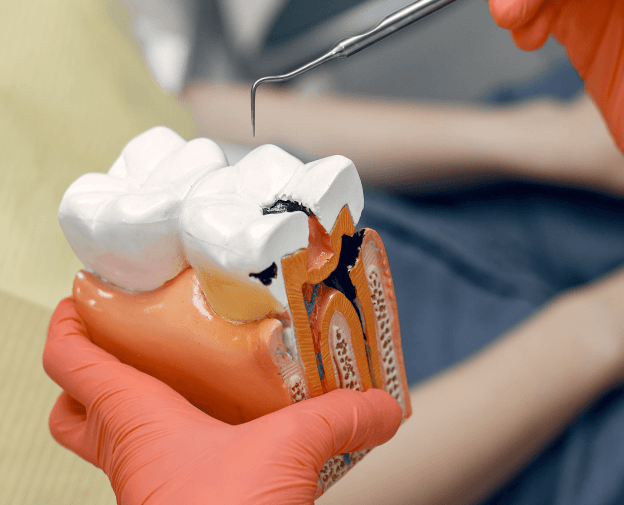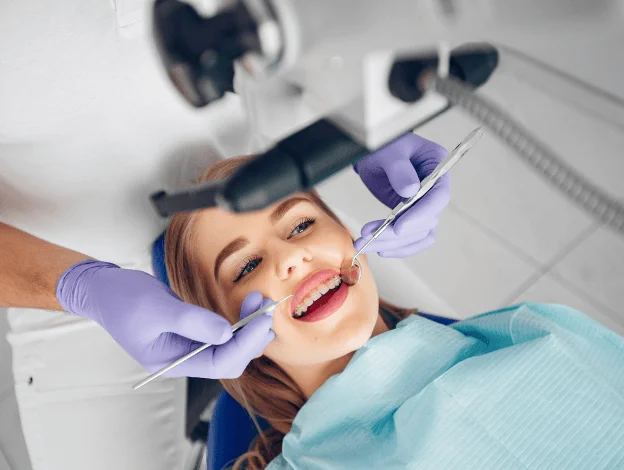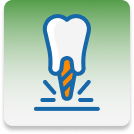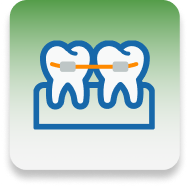Your Periodontal Disease Prevention and Treatment Dentist in Parma, OH
At Jordan M. Job DDS, we understand that your dental health encompasses both tooth and periodontal health. Caring for the bone and gums surrounding your teeth is vital for overall dental and general well-being. Our emphasis extends beyond tooth health to underscore the importance of periodontal health as well.
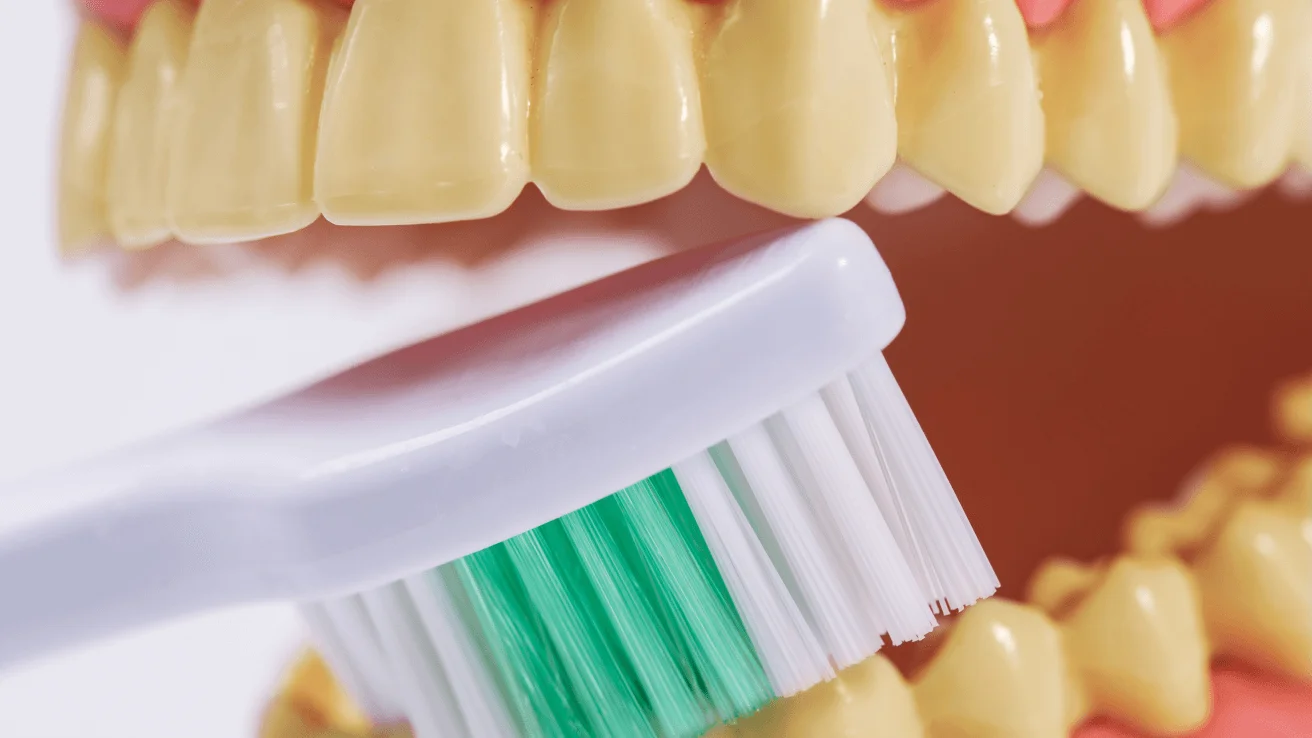
Common Questions About Periodontal Disease
Still have questions?
Is It Time for Your Next Dental Exam and Cleaning?
At Jordan M. Job DDS, we provide all the support and information you need to maintain a healthy smile for life. If you are due for your next routine teeth cleaning and exam, contact our Parma, OH dental office to schedule an appointment.
Find the service that is right for you.
Learn more about the dental services we offer.
The Jordan M. Job DDS Blog
Get in-depth answers to your dental questions
Read our latest posts covering some of our best advice for you and your family.

Understanding When Emergency Dentistry Is Truly Required
Dental issues have a way of showing up when we’re least expecting them. A cracked tooth, sudden pain, or swelling can hit out of the blue, on a weekend, in the middle of the night, or right before a big event. When that happens, it’s easy to feel unsure about what to...
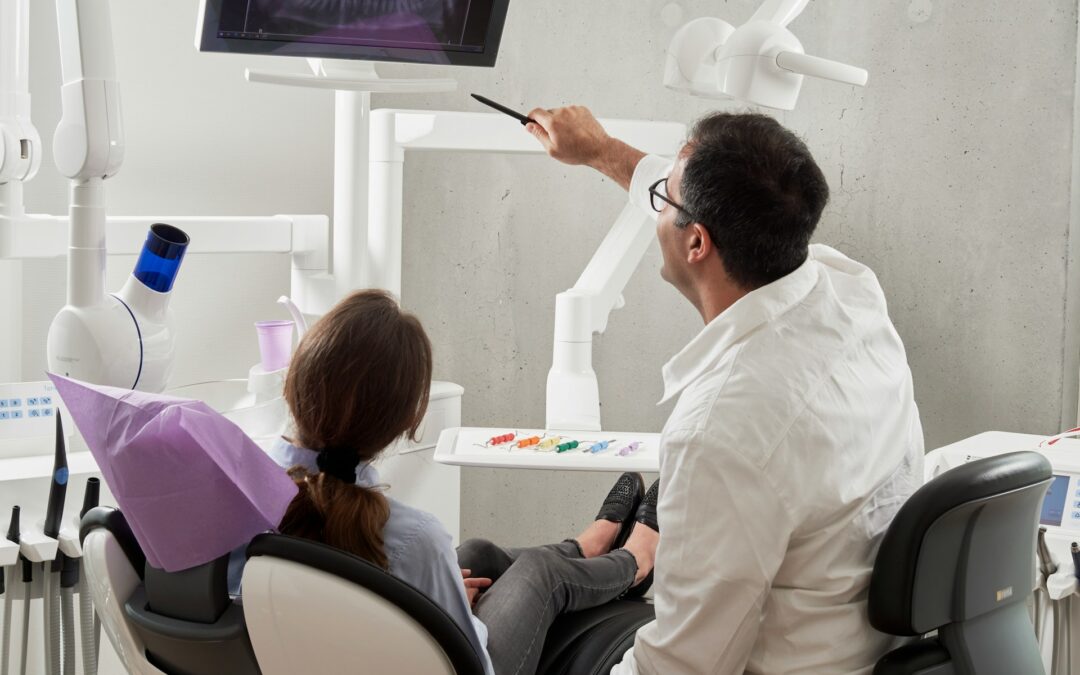
What to Do If You Need an Emergency Dentist in Parma Tonight
Tooth pain or a dental accident can show up without notice. When it happens after hours, it’s hard to know where to turn. Most dental offices close early, and if it’s late in the evening, you may feel stuck or unsure of what to do next. That’s especially true during...

Why It’s Hard to Find a Dentist in Parma Ohio After New Year
The start of a new year often comes with a wave of good intentions. Lots of us make plans to catch up on checkups, get more active, and take care of things we set aside during the holidays. Dental visits are usually part of that list. But here in Parma, Ohio, finding...

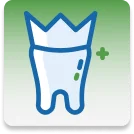
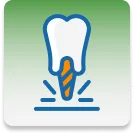

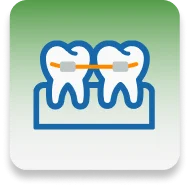


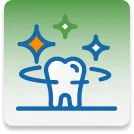

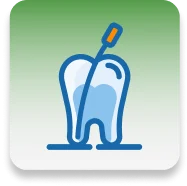



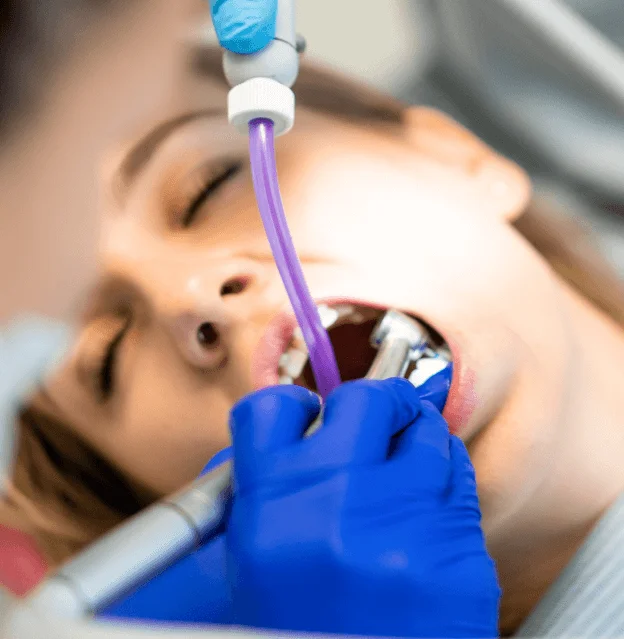
 Swollen, tender, or puffy gums
Swollen, tender, or puffy gums